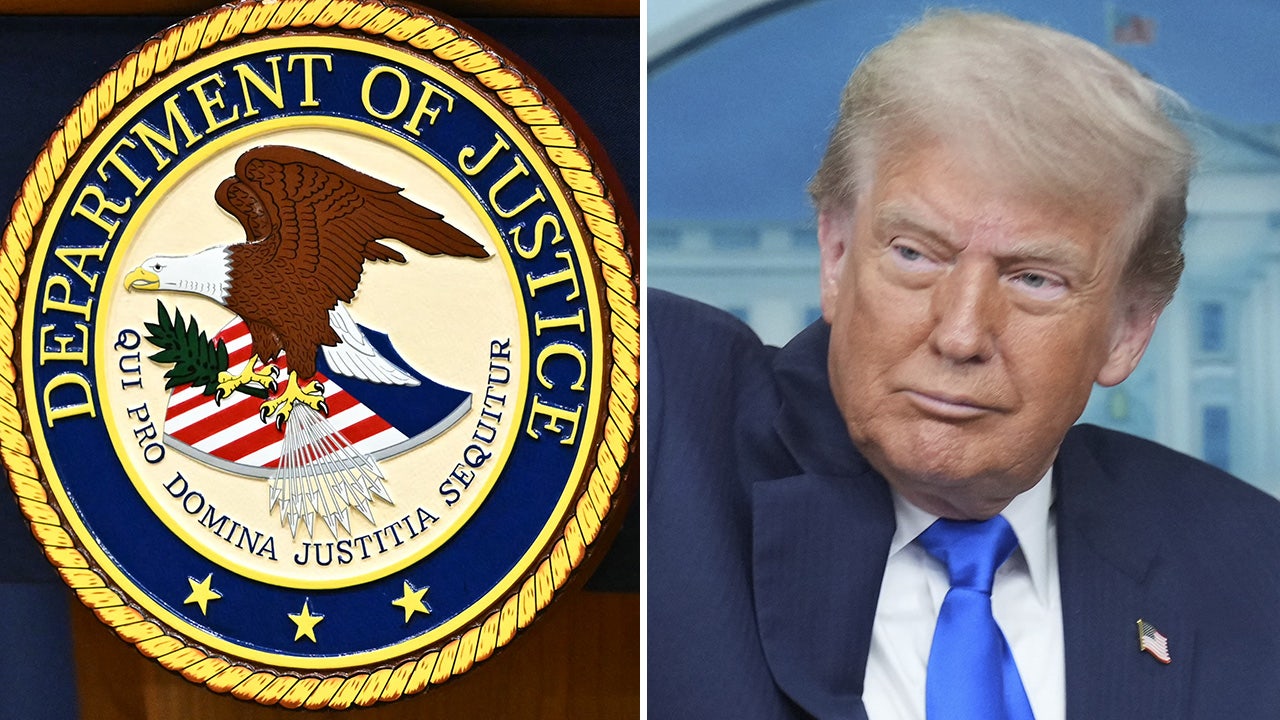US Senate Republicans were still trying to pass President Donald Trump’s sweeping tax-cut and spending bill early on Tuesday morning, despite divisions within the party about its expected $3.3 trillion hit to the nation’s debt pile.
Senators voted in a marathon session known as a “vote-a-rama,” featuring a series of amendments by Republicans and the minority Democrats, part of the arcane process Republicans are using to bypass Senate rules that normally require 60 of the chamber’s 100 members to agree on legislation.
Beginning early on Monday and running for roughly 18 hours, it was still unclear how long the voting would last.
Lawmakers said the process had been held up partly by the need to determine whether amendments complied with special budgetary rules.
Shortly after midnight, Senate Majority Leader John Thune told reporters the vote-a-rama was “hopefully on the home stretch and then we’ll see where the votes are.”
But hours later, there was no sign of the lawmakers moving to a vote on passage.
Republicans can afford to lose no more than three votes in either chamber to pass a bill the Democrats are united in opposition to.
The nonpartisan Congressional Budget Office released its assessment on Sunday of the bill’s hit to the $36.2 trillion US debt pile.
The Senate version is estimated to cost $3.3 trillion, $800 billion more than the version passed last month in the House of Representatives.
Many Republicans dispute that claim, contending that extending existing policy will not add to the debt. Nonetheless, international bond investors see incentives to diversify out of the US Treasury market.
Democrats, meanwhile, hope the latest, eye-widening figure could stoke enough anxiety among fiscally minded conservatives to get them to buck their party, which controls both chambers of Congress.
“This bill, as we have said for months, steals people’s healthcare, jacks up their electricity bill to pay for tax breaks for billionaires,” Democratic Senate Minority Leader Chuck Schumer said in a speech to the Senate.
Thune countered that the tax cuts will help families and small businesses, as he defended spending reductions to social safety net programs.
He said Medicaid was growing at an unsustainable rate and there were some improvements and reforms to make it more efficient.
The Senate narrowly advanced the tax-cut, immigration, border and military spending bill in a procedural vote late on Saturday, voting 51-49 to open debate on the 940-page megabill.
Trump wants the bill passed before the July 4 Independence Day holiday.
BILL POLITICS
Amendments proposed by Democratic senators such as the proposed limiting cuts to Medicaid were rejected by the Republican majority.
Embedded in the Senate Republicans’ bill are several hot-button political issues, like a prohibition of Medicaid funding for a list of almost 30 medical procedures related to gender transition, as well as an increase of immigration-related funding for criminal and gang checks for unaccompanied migrant children, including examinations of “gang-related tattoos” for children as young as 12 years old.
Early on Tuesday, Democrats and Republicans voted down an attempt by Republican Senator Susan Collins to cushion the impact of Medicaid cuts on rural health facilities by doubling federal support to $50 billion over five years and paying for the increase by raising the top federal tax rate.
The measure still drew support from 18 Republicans.
Elon Musk, formerly appointed by Trump to spearhead his government cost-cutting plan before the pair had a public falling-out in June over the budget bill, threatened on Monday to target Republicans ahead of the 2026 mid-term election.
“Every member of Congress who campaigned on reducing government spending and then immediately voted for the biggest debt increase in history should hang their head in shame!,” Musk posted on X.
He also reiterated his interest in a new political party and accused lawmakers in both parties of belonging to the “porky pig party,” a dig at government spending levels.
The US Chamber of Commerce, which says the majority of its members are small businesses, backs the bill.
However, John Arensmeyer, who represents more than 85,000 small enterprises at the Small Business Majority, cautioned that the business tax relief is currently skewed to the wealthiest, top 5% of small businesses.
DEBT CEILING DEADLINE
The Republican measure contains a $5 trillion debt ceiling increase – $1 trillion more than the House’s bill – but failure to pass some version would present lawmakers with a serious deadline later this summer, when the Treasury Department could come close to exhausting its borrowing authority and thus risk a devastating default.
The debt limit increase has caused Senator Rand Paul of Kentucky to come out in opposition to the bill, joining fellow Republican Thom Tillis, who decried its cuts to Medicaid and clean energy initiatives.
According to the Congressional Budget Office, the Senate bill would result in about 11.8 million additional uninsured people, surpassing estimates for the House’s version.
If the Senate succeeds in passing the bill, it will then go to the House, where members are also divided, with some angry about its cost and others worried about cuts to the Medicaid program.
The megabill would extend the 2017 tax cuts that were Trump’s main legislative achievement during his first term as president, cut other taxes and boost spending on the military and border security.
Senate Republicans, who reject the budget office’s estimates on the cost of the legislation, are set on using an alternative calculation method that does not factor in costs from extending the 2017 tax cuts.
Outside tax experts, like Andrew Lautz from the nonpartisan think tank Bipartisan Policy Center, call it a “magic trick.”
Using this calculation method, the Senate Republicans’ budget bill appears to cost substantially less and seems to save $500 billion, according to the BPC analysis.
Read the full article here














